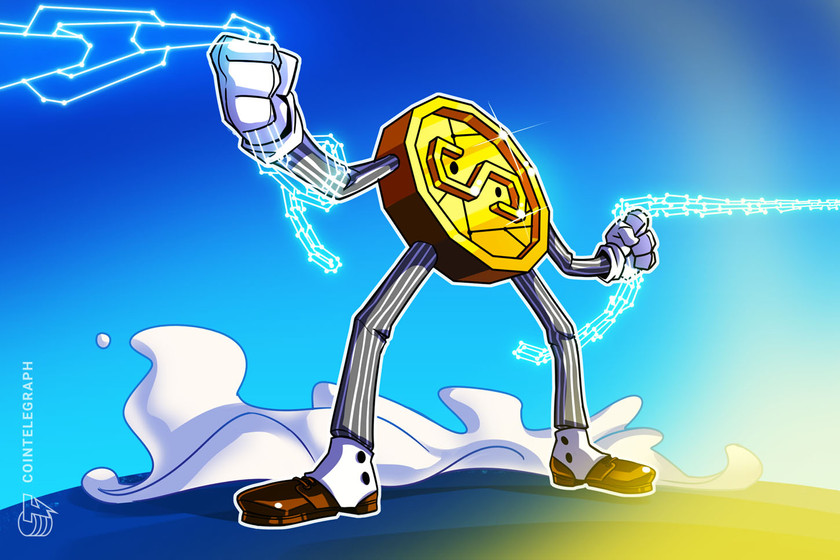Bitcoin Realized Cap Hits $106B Record as ‘Fear’ Returns to BTC Index
Coin Metrics’ popular indicator continues its relentless uptrend despite bearish sentiment creeping into Bitcoin markets.
1180 Total views
28 Total shares

Bitcoin (BTC) set a new all-time high this week as bearish market sentiment failed to dent one metric’s march to $106 billion.
Data from on-chain monitoring resource Coin Metrics shows that as of June 11, Bitcoin’s realized cap stands at a record $106.26 billion.
Realized cap is “good for Bitcoin”
Realized cap is a different way of calculating Bitcoin’s value, an alternative to conventional market cap.
The number is computed by taking the price at which each Bitcoin last traded and the size of each trade, then multiplying them together.
Originally formulated by Coin Metrics, the indicator has grown in popularity among analysts and well-known cryptocurrency figures. Responding to the latest highs, the @Bitcoin Twitter account described the progress as simply “good for Bitcoin.”
Realized cap fell just slightly following the March crash, shedding a maximum of around $1 billion before continuing its upward trajectory.
This highlights its structure — in real terms, Bitcoin shed 60% of its price at the time, while overall, as Cointelegraph reported, more than 60% of the supply has not moved in over a year.
Bitcoin broke the $100 billion realized cap mark for the first time in August 2019.

Bitcoin realized cap historical chart. Source: Coin Metrics
Fear & Greed Index Drops 14 points in a day
Realized cap provides a noticeable contrast to the overall market mood this week. On Thursday, bearish signs culminated in a wave of exchange selling pressure which took 8% off BTC/USD in hours.
The move took its toll on the Crypto Fear & Greed Index, a dedicated measurement of trader attitudes.
Having lingered in “neutral” territory with a score of 53/100, the Index suddenly fell 15 points to 38/100, marking a return to the “fear” zone.

Crypto Fear & Greed Index 1-month chart. Source: Alternative.me
Theoretically, the closer the index moves to zero, the more it suggests that traders are disproportionately bearish.
Earlier this year saw a record seven consecutive weeks spent in the lowest “extreme fear” category.









